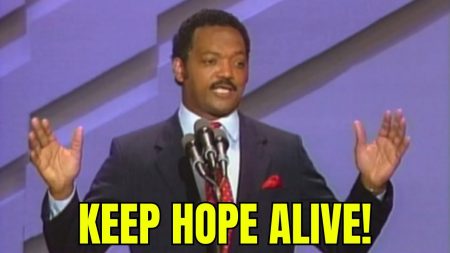Two Books About Gullah Culture
Josie Olsvig, a new Southern author, lives outside Charleston, SC.
Before becoming a writer, Olsvig was an attorney and social worker who spent her career addressing child abuse, domestic violence, and sexual assault.
Her call to service was spurred by growing up in poverty in the inner city, experiencing hardship, strife, and violence. She worked for nearly thirty years as a public servant and advocate.
In the twilight of her career, Olsvig served on a statewide committee to combat human trafficking in her home state of Ohio. After moving to the South, she became deeply interested in the Gullah culture and race-based slavery. Leveraging her legal research skills, she interviewed Gullah slave descendants, conducted site visits, and researched archival records.
Her first book, Growing Up Gullah in the Lowcountry, is a children’s picture book about the Gullah culture, heirs’ property, and the history of Charleston. Gullah Tears, released in 2020, is Olsvig’s debut historical fiction novel, the first in a series.
 Gullah Tears: The Enslaved Souls of Charleston
Gullah Tears: The Enslaved Souls of Charleston
In the Deep South of antebellum Charleston, enslaved Gullah woman Hentie survives the day-to-day sufferings brought on by her cruel master and the white planter society that controls the institution of slavery.
From Hentie’s abduction and confinement on a slaver ship, author Josie Olsvig describes her journey of pain and despair as she begins her new life in a land that causes her much heartache and oppression. Her circumstances are buoyed by the warmth, love, and support of her fellow enslaved workers, who lift her up and encourage her to continue on.
 Growing Up Gullah in the Lowcountry
Growing Up Gullah in the Lowcountry
This is a bright, colorful, and informative children’s book about the Gullah culture derived from West African slave descendants. It is a book that may be used to explain differing cultures and black history. Josie Olsvig acquaints the reader with heirs’ property, the parcels of land many of the Gullah live on in the Lowcountry and surrounding Sea Islands acquired by freedmen after the Civil War.
Other numerous aspects of the Gullah culture are introduced including sweetgrass basketmaking, a time-honored tradition brought from West Africa; herbal medicines; Southern cooking which incorporates many plants and vegetables brought from Africa; and the importance of faith and family.
Certain points about the Civil War are discussed, and the African American hero Robert Smalls is introduced. All of this is conveyed through the use of thirty colorful illustrations designed by a Lowcountry artist.





